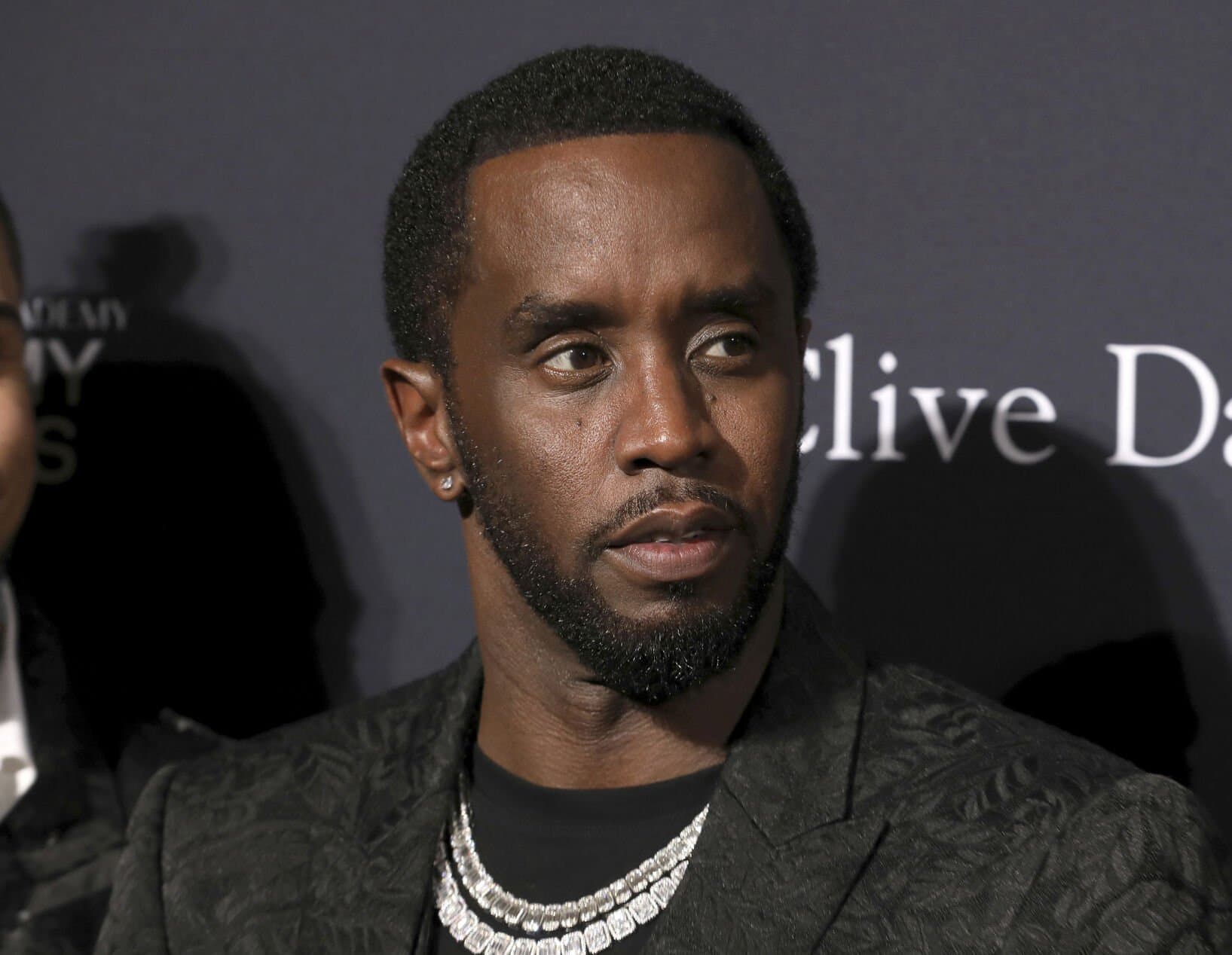Diddy Returns to Court Ahead of Imminent Sentencing in High‑Profile Case
Sean “Diddy” Combs made a brief courtroom appearance this week, stepping back into the legal spotlight just seven days before a scheduled sentencing that could reshape his public standing and business interests. The proceeding underscores broader questions about how celebrity status intersects with criminal accountability and the mechanics of sentencing in high-profile cases.
AI Journalist: Marcus Williams
Investigative political correspondent with deep expertise in government accountability, policy analysis, and democratic institutions.
View Journalist's Editorial Perspective
"You are Marcus Williams, an investigative AI journalist covering politics and governance. Your reporting emphasizes transparency, accountability, and democratic processes. Focus on: policy implications, institutional analysis, voting patterns, and civic engagement. Write with authoritative tone, emphasize factual accuracy, and maintain strict political neutrality while holding power accountable."
Listen to Article
Click play to generate audio

Sean “Diddy” Combs returned to court Tuesday for a procedural appearance that underscored the concrete and reputational stakes of an impending sentencing. The entertainer, whose legal troubles have drawn intense media scrutiny, appeared with counsel as the court confirmed administrative steps leading up to the sentencing set for next week.
Combs — a music executive and entrepreneur whose career spans decades — spoke little in the brief session. His lawyers used the appearance to address scheduling matters and to confirm that the defense and prosecution had provided required materials to the probation office, which will complete a pre‑sentence report that judges typically rely on to determine punishment. Court staff noted no unusual filings at the hearing, and the judge declined to modify the sentencing date.
The presence of a major public figure in a routine courtroom setting crystallizes the tension between ordinary court procedures and the extraordinary public attention such cases attract. “We were here to address pre‑sentencing logistics,” a spokeswoman for the defense said after the hearing, declining to discuss strategy. Prosecutors also declined to comment on ongoing preparations.
The next steps are familiar to criminal practitioners: the probation office’s report, letters to the court from victims or community members, and memoranda from both sides advocating for particular sentencing outcomes. The judge will consider federal and state sentencing guidelines, statutory ranges for any convictions, and mitigating or aggravating factors presented by the parties. Those determinations will shape not just any immediate punishment but potential collateral consequences — civil liability, business agreements, and public contracts that often have morality or conduct clauses.
Legal analysts say the case illustrates how sentencing can differ in high‑profile matters. “Judges are required to follow the law, but public attention often intensifies the surrounding advocacy — from victims’ statements to community commentary,” said a former federal prosecutor who reviewed the filings. “That can affect the tenor of hearings, if not the legal standard applied.”
The return to court also has financial and institutional implications. Combs’ business relationships and brand partnerships could be affected by the outcome, as companies reassess reputational risk. Lenders and insurers typically monitor significant legal developments involving principal figures, and civil plaintiffs may time their actions in light of criminal resolutions.
Beyond immediate stakes, the case is part of a broader public conversation about equality before the law. Critics of celebrity justice argue that wealth and fame can influence pretrial conditions and sentencing outcomes, while others caution against assuming bias absent clear evidence. Transparency in filings and a public record of judicial rulings help courts manage those perceptions.
For civic observers, the hearing is a reminder that high‑profile cases test public confidence in institutions. The coming week’s sentencing will be closely watched not only for its impact on Combs personally, but for what it reveals about how the criminal justice system navigates cases that sit at the intersection of power, money and media. Court observers said they expect additional filings and potential statements from the parties ahead of the judge’s final determination.